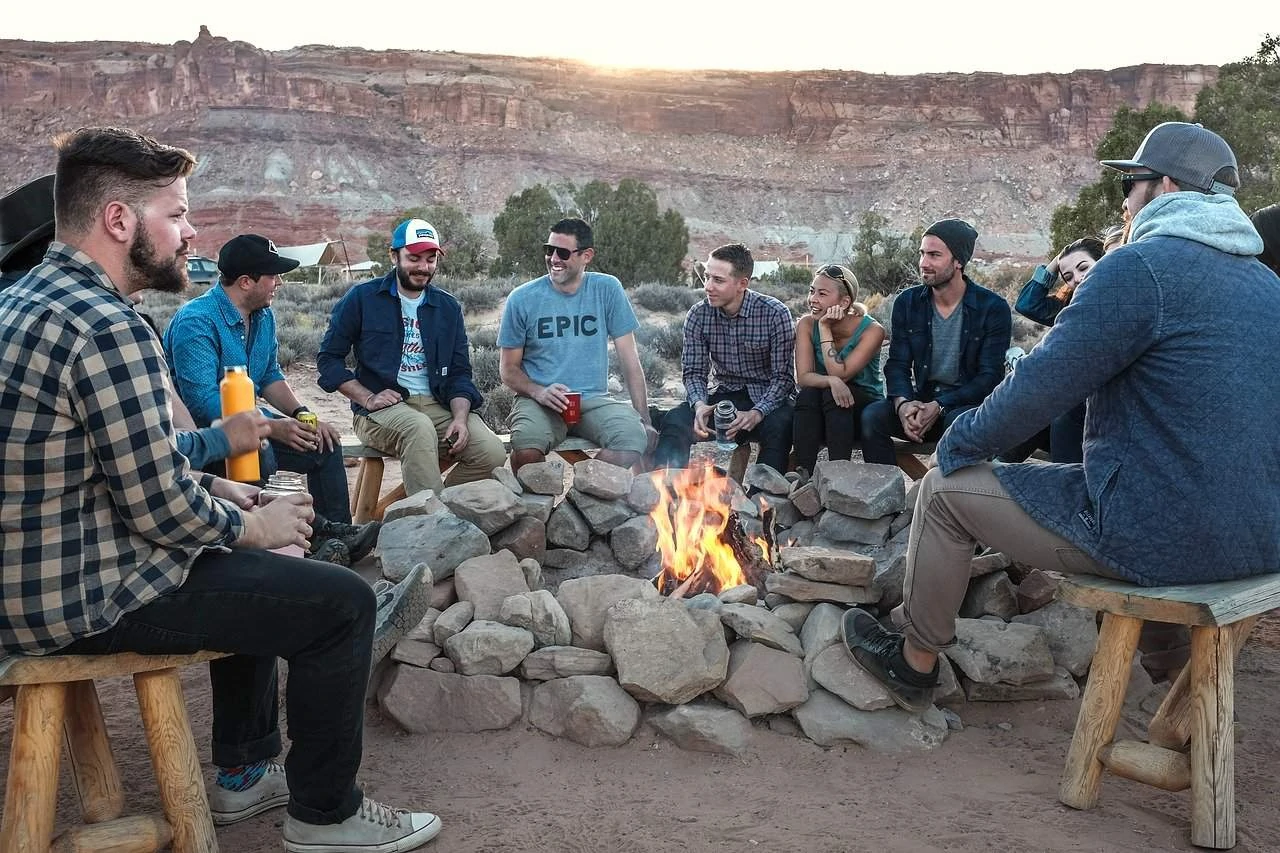


Many people in recovery don’t share their stories often. In early recovery, you're encouraged more to listen than speak. For one thing, memory is foggy, and it can take a while to sort through the emotions. You may still have toxic thinking and behavior. However, once you’ve been clean and sober for several months, you have a story that’s worth sharing.
You don’t have to go to every 12-step meeting and share your story. That would get quite boring and look insincere. However, telling parts of your story when they relate to your topic is appropriate. After you’ve been sober a length of time, you may also be asked by a meeting chairperson to share your experience, strength, and hope.
A lot of people have a “pink cloud” experience after they have been sober a while. When a person talks about this feeling, they’re referring to a sort of elation people get once they're sober for a month or so. This state isn’t a negative thing, but it can be dangerous to your recovery. Pink clouds don't last. We all have struggles.
Share about the good things that are in your life, but acknowledge the struggle. Nothing is perfect, and life has ups and downs. Acknowledge them. Even if life is rosy today, the bottom you hit wasn't pretty. You are probably still cleaning up messes from when you were using drugs and alcohol, too.
Be honest if you still struggle from things. You’ll get feedback from others when you talk about your own flaws. Being honest will help you make some new friends in recovery who want what you have - or people have experience to share with you.
Sharing what you used or how much you used may seem to be an important part of your recovery story. It can be powerful for people to hear that even as a “hardcore” drug addict, you found sobriety.
But don’t attempt to glorify your past drug and alcohol use or minimize it. Telling “war stories” is completely contrary to the point of a 12-step meeting. Share about your feelings and struggles, and how you go through them. But please don’t make it a monologue detailing all of your years of drug use.
People in 12-step meetings usually know what drug use is about. While talking about it may help them relate, don’t forget your focus is on the recovery part of your story. Share about your recovery and how your life is still changing for the better. Let them know what steps you've taken to make the change, too.
Living with other people in recovery can make a huge difference when you need support. Sober living homes are a great way to transition from treatment or participate in aftercare. There is structure, but there’s also camaraderie and fun. Learn more about becoming a part of our sober home community by calling at 760-216-2077.
Choosing a sponsor is one of the most important things to do when you start on your recovery journey. While you’re in treatment, you’ll begin to connect with others in recovery. Selecting your sponsor can be challenging when you’re in a treatment environment. After all, you are usually limited by the AA and NA meetings you choose to attend.
The good news is that it’s not a big deal if you change sponsors. If you’ve outgrown your sponsor or have trouble getting ahold of them, it’s time to consider a new person.
Whether you’re choosing a sponsor for the first time or selecting a new one, here is some guidance for choosing a sponsor.
Choosing a sponsor can be scary at first. Opening up to others in recovery helps you change your life and begin healing. In recovery rooms, you’re often told to “take what you need and leave the rest.” If you don’t feel supported by your sponsor, or you think that you need to switch, don’t worry. People in recovery change sponsors for many reasons. Your recovery is about you and your own needs.
Sober living homes can be an important step in transitioning back to the “real world” after treatment. Living in a recovery home helps you focus on yourself and your recovery in a supportive environment.
Learn more about your options by calling us at 760-216-2077.
